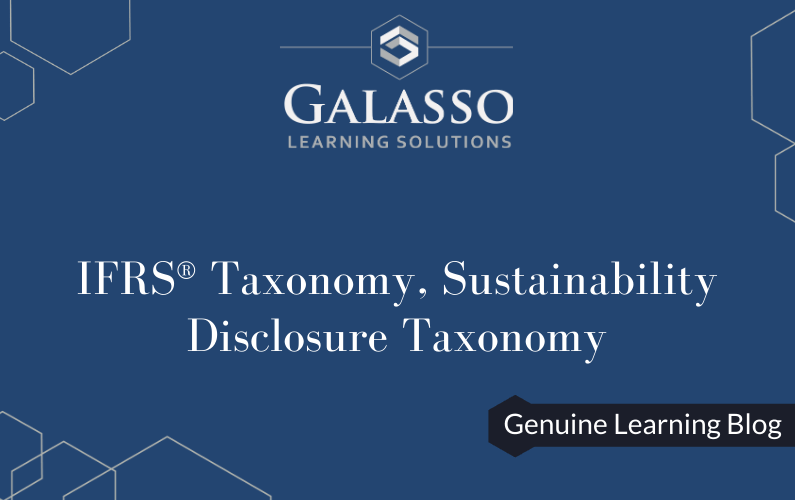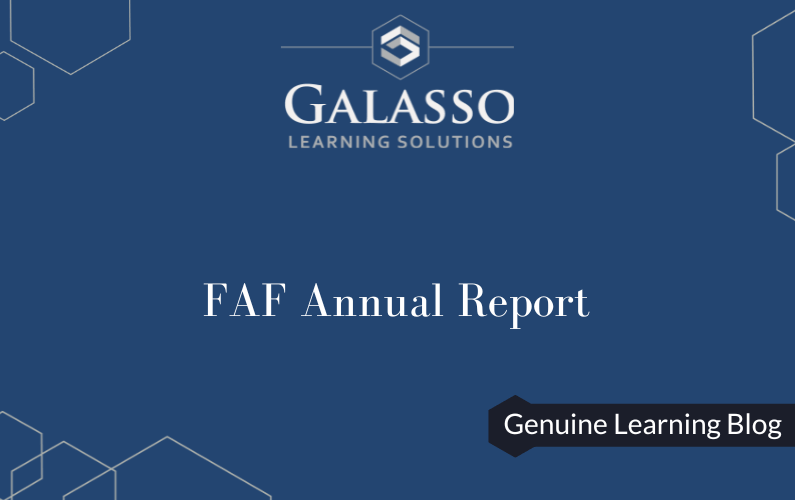OMB Proposes Changes to the Uniform Guidance
The ACFE has issued their 2024 Report to the Nations. It provides an overview of fraud schemes as well as an update on the avatar of a fraudster.
Q3 2023 in Review
At the end of July, the FASB proposed new disclosure requirements that would require public business entities to provide more disaggregated data around their income statement expenses. Unlike the recent income tax disclosure proposal, this proposal only impacts public business entities. It is in response to a request from investors to provide more granular information to assist users in understanding the company’s cash flows. Comments are due October 30.
FASB’s Investor Outreach Report – 2022-2023
The ACFE has issued their 2024 Report to the Nations. It provides an overview of fraud schemes as well as an update on the avatar of a fraudster.
Revisions to OMB Guidance for Grants and Agreements
OMB has updated regulations with respect to the domestic preferences provisions in the Build America, Buy America Act of the Infrastructure Investment and Jobs Act. The updates come after public comment was sought. The effective date for the revised guidance is...
Concept Stmt: Chapter 5, Recognition and Derecognition
In August, the FASB issued Chapter 5 of the Conceptual Framework, Recognition and Derecognition. The chapter addresses the criteria that would be used to determine when an element should be recognized in the financial statements. As concept statements are not...
Concept Stmt: Chapter 2, The Reporting Entity
The FASB has issued a new Concept Statement around the Reporting Entity. While concept statements are not authoritative GAAP they are the theory that underlies GAAP used by the board to develop ASUs.If you are looking for more great content, consider our Webcast...
IFRS® Taxonomy, Sustainability Disclosure Taxonomy
The International Sustainability Standards Board (ISSB) has proposed a Sustainability Disclosure Taxonomy. The proposal addresses a taxonomy for the disclosure requirements in IFRS S1 and IFRS S2 to facilitate digital reporting of sustainability-related financial...
FAF Annual Report
Each year like many nonprofits, the FAF issues their annual report and posts it to their website. The FAF provides an excellent overview of the work of both the FASB and GASB boards. 2022 marked the 50th anniversary of the FAF, so this year’s report also includes a...
Disclaimer: The information contained within this blog is provided for informational purposes only. Viewing this material does not qualify for CPE credit. Additionally, this general knowledge is not intended to substitute for obtaining accounting, legal, or financial advice from a professional accountant with specific knowledge of your organization. Finally, watching this blog and/or subscribing to the newsletter do not create an accountant-client relationship.











